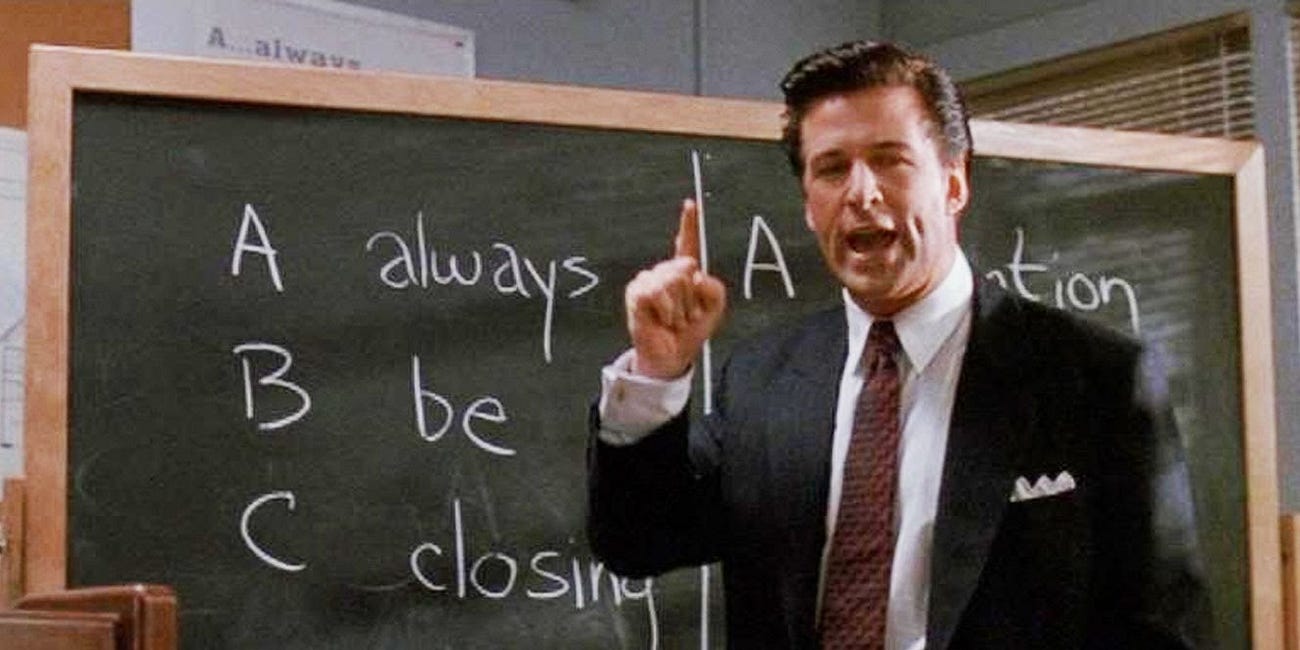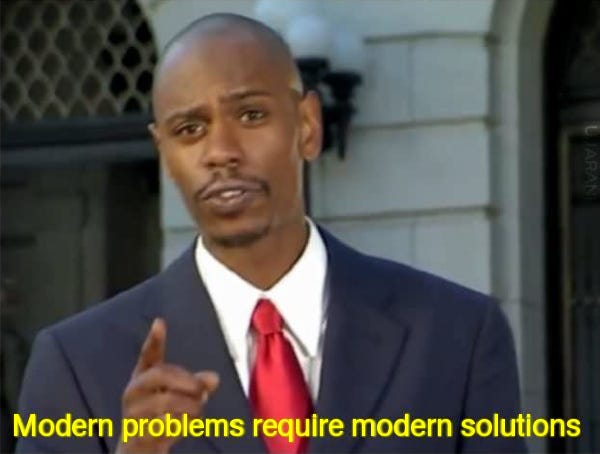10 reasons why I think the NoFreePitches.com campaign is the wrong kind of thinking for our industry.
As our industry faces the threats of inflation, automation and democratisation, we need to rethink our business model, not least of which our customer acquisition.
The industry-wide call for “No Free Pitches” came around again this year, led by the pledge on www.nofreepitches.com and now signed by some 6,200+ signatories. It’s probably the third time in my 20-odd-year career that I’ve watched this conversation play out. And I think the unilateral support it’s seen across the internet points to a big problem our industry has when it comes to thinking about how we sell creativity.
TL;DR: I think as an industry we can’t afford not to do free pitches, and I think this is doubly true for the smaller, newer studios who don’t have a logo board, or or long-term relationships.
In the next few posts, I’m going to try explain why.
Porto Rocha’s done a great job of articulating the bulk of the issues:
Pitching is a symptom of a broken system.
Pitching is extremely time and resource intensive.
Pitching mandates unreasonable deadlines that impede meaningful work
Pitching strains team mental health and motivation.
Pitching is political: who you know is often as important as what you present.
Pitching puts your ideas at risk of being used even if not selected.
Pitching excludes many who don’t have the resources to participate.
Pitching creates an unfair playing field between big and small studios.
Pitching is not the only option when it comes to evaluating a creative partner.
Pitching without pay is an outdated practice that no longer belongs in our industry.
In the interest of constructing a full argument, I’d like to add some other points I’ve often heard:
Pitching isn't a reflection of what we can do with more time and deeper thought, and is in fact anathema to it.
Pitching makes clients value our work less. What we do is nothing short of magic, why would we give it away for free?
Pitching creates untenable economics that none of us can afford; we’d need to have crazy margins to offset the price of pitches we don't win.
Pitching is a race to the bottom that will destroy our industry if we don't all stop it together.
While I have nothing but the utmost respect for the work Porto Rocha do, I think almost every point on this list is bonkers. I think it’s indicative of bad business design, bad management practices, bad economics, bad game theory, bad science, and bad capitalism.
These critiques aren’t mine: this thinking is counter to the mental models and hard-won conclusions of the most celebrated writers, academics, economists, investors, businesspeople, mathematicians, physicists, psychologists and philosophers the world has produced.
But my real concern is this kind of thinking holds our industry back from finding an economic model that sustainably supports creative growth, and values the impact of our work in measurable terms that our clients can appreciate (and are willing to pay for.) And given the recent advances in tools like Canva and Chat GPT, and the uncertain market we’re all in, I don’t think we can afford to make ourselves feel better by blaming our clients for our industry’s brittle and out-of-date business model.
Healthy discourse requires diverse ideas, and no great innovation is born in an environment of universal agreement. But LinkedIn/Design Twitter is an echo chamber around this issue. So in the hopes of creating what Tim Urban calls an “Idea Lab” I propose we make like Jacobi and invert this thinking to consider alternative possibilities:
Pitching is more about what you know than who you know.
Pitching is a sign of a competitive market, and competition forces innovation.
Pitching an idea is not executing an idea, and an idea is only as valuable as its execution.
Pitching is not the reason our teams’ mental health suffers. But it is a good excuse.
Pitching makes meaningful work possible if we make time for it.
Pitching is an example of what we could do with more time (if that’s how we pitch it.)
Pitching for new business is a critical investment for (sm)all studios.
Pitching exposes how broken our business model is.
Pitching teaches us what clients value about our work. Let’s improve our pitch.
Pitching relies on knowing the true value of our product.
There’s a lot to say on this, so I’m gonna break this counter-argument out into 3 separate discussions, over 3 separate posts:
How to Get Paid to Pitch for Free
Hi, I’m Charl. And I work for Love and Money. You probably haven’t heard of me or my agency. Neither have many of your clients. And for me that’s the problem.
Subscribe now if you want to get the full majesty of our ad-hoc reckons on the issue.







